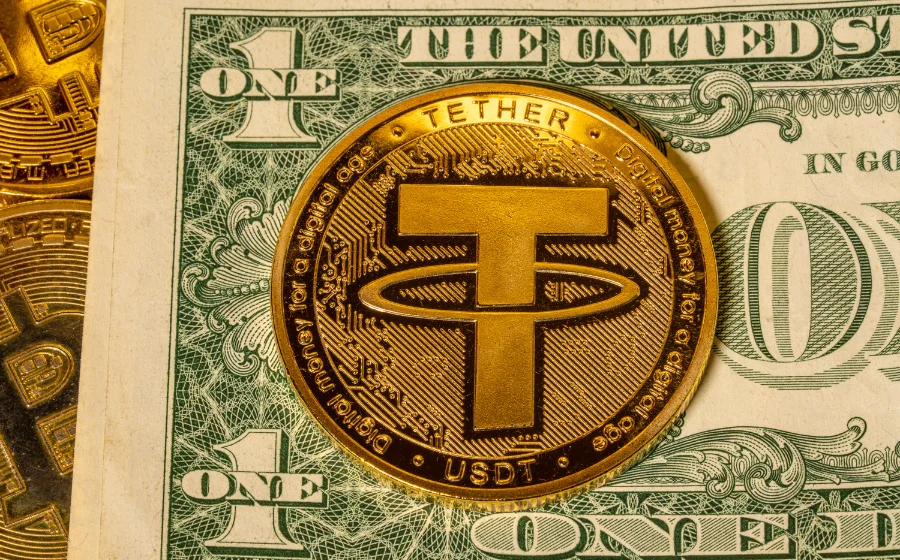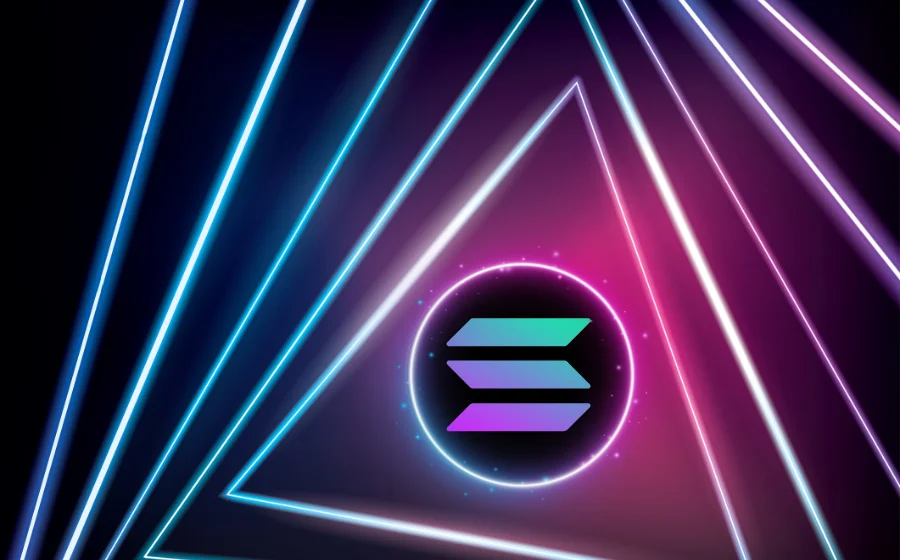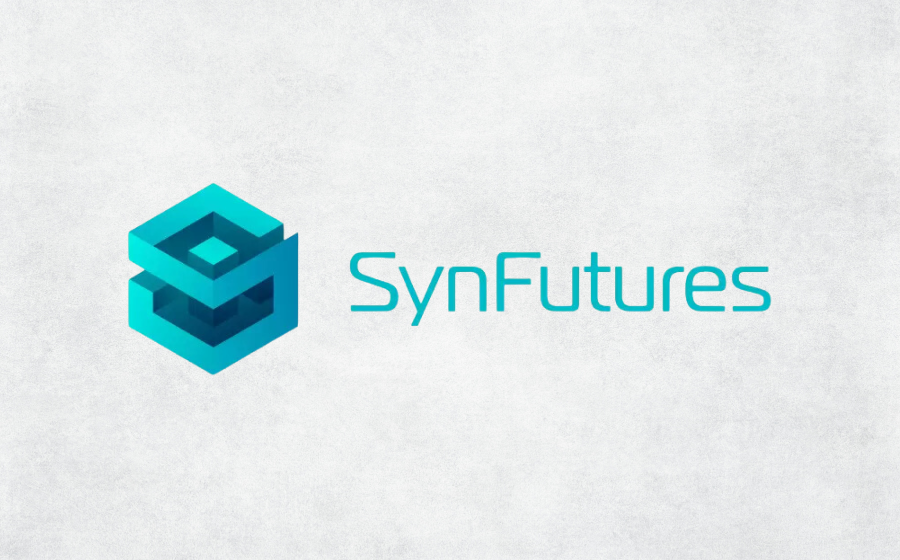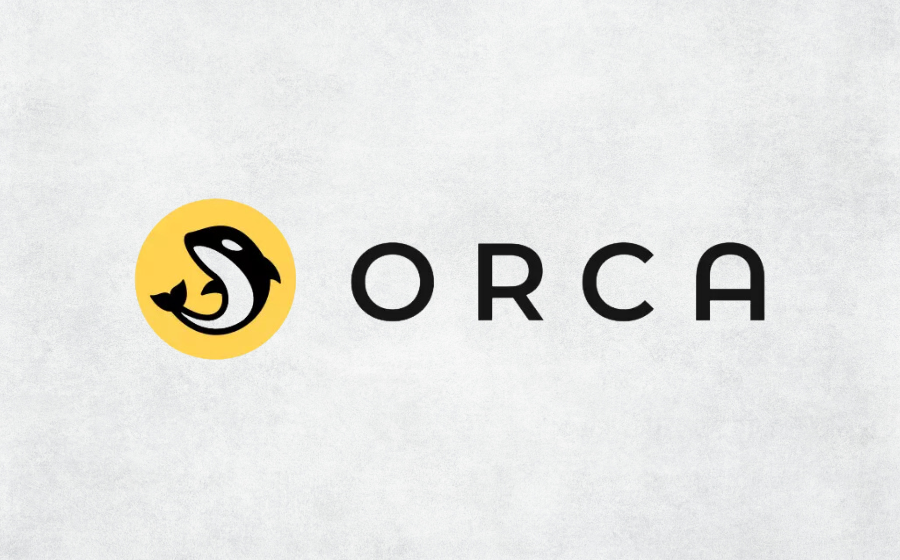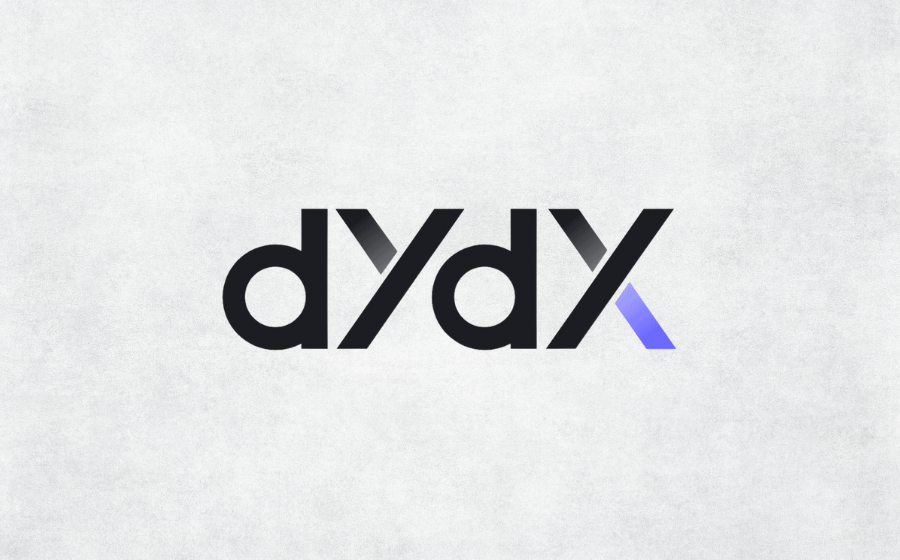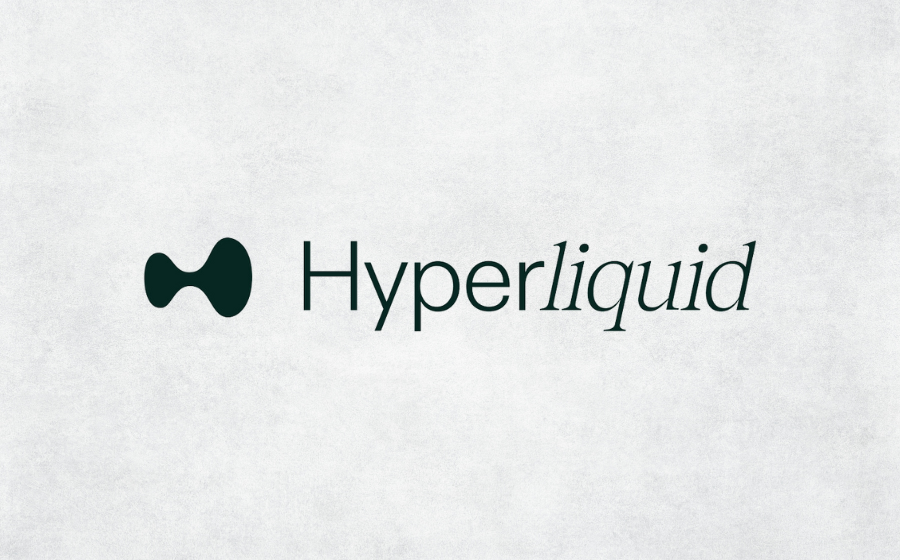
KEYTAKEAWAYS
- Decentralized exchanges (DEX) operate without a central authority, giving users full control over their assets.
- Each DEX offers unique features, from Uniswap's extensive liquidity pools to PancakeSwap's low-cost transactions, catering to different needs.
- Understand the advantages and challenges of these popular DEX platforms to help users choose the right exchange.

CONTENT
Explore the top ten most popular decentralized crypto exchanges (DEX) of 2024, including Uniswap, PancakeSwap, and Curve. Discover their unique features and how they operate on the blockchain.
WHAT IS A DECENTRALIZED CRYPTO EXCHANGE?
A decentralized crypto exchange, known as a DEX as well, is a type of trading platform that operates without relying on any central authority. Well-known examples of a decentralized crypto exchange include Uniswap, Jupiter, PancakeSwap, and Curve.
These platforms function on the blockchain, allowing users to directly trade assets through smart contracts without the need for third-party involvement.
These exchanges prioritize decentralization, security, and user control over assets. Unlike traditional centralized exchanges, DEXs do not require users to go through identity verification, maintaining anonymity, and keeping assets fully under the user’s control.
Every transaction on a decentralized crypto exchange is recorded on the blockchain, ensuring transparency and building trust among users.
On a DEX platform, assets are entirely managed by the user, and the platform itself does not store any user funds or personal information. Users only need their private keys to trade, without the need to register accounts or complete know-your-customer (KYC) verifications.
This allows users to start trading at any time, with every step of the transaction process being transparent.
3 TYPES OF A DECENTRALIZED EXCHANGE
| Type of DEX | Description | Advantages | Disadvantages |
|---|---|---|---|
| Automated Market Maker (AMM) DEXs | Use community-funded liquidity pools instead of traditional market makers. | • Anyone can provide liquidity • No need for order matching • Constant liquidity availability |
• Risk of impermanent loss for liquidity providers • Potential slippage on large orders |
| Order Book DEXs | Function similarly to centralized exchanges, with on-chain and off-chain variants. | • Support limit orders • May offer leveraged trading • On-chain variant provides high security |
• On-chain variant can be slow and expensive • Off-chain variant has centralization risks |
| DEX Aggregators | Search across multiple DEXs to find the best prices and liquidity. | • Better prices and liquidity • Reduced slippage on large orders • Lower overall trading fees |
• May incur higher gas costs when using multiple AMMs • Complexity in routing |
DECENTRALIZED EXCHANGE | PROS AND CONS
| Advantages of a Decentralized Crypto Exchange | |
|---|---|
| 1. Decentralization | DEXs do not rely on a single entity, and all transactions are executed directly on the blockchain via smart contracts, effectively protecting users’ assets from centralized risks. |
| 2. Full Asset Control | Users retain complete control over their assets without needing to store them in the exchange’s wallet, reducing the risk of hacking or exchange failures. |
| 3. Wide Range of Crypto | Compared to centralized exchanges, new tokens are more easily found on DEXs, making them a preferred choice for many users. |
| Disadvantages of a Decentralized Crypto Exchange | |
| 1. Liquidity Challenges | Since transactions occur directly on the blockchain, they may result in slower transaction speeds and limited liquidity, leading to higher price slippage and transaction costs. |
| 2. User Experience | Current DEXs still have room for improvement in user interface and trading experience, making them potentially less intuitive than traditional centralized exchanges, especially for users who are not technically savvy. |
| 3. Asset Management Responsibility | Assets are directly tied to the user’s wallet, meaning that if the user loses or forgets their private key, the assets in the wallet cannot be recovered. |
DECENTRALIZED CRYPTO EXCHANGE | TOP 10 REVIEWED
Decentralized crypto exchanges are quickly becoming the preferred platforms for crypto trading. Below is an overview of 15 of the most popular DEX platforms, along with their key features:
1. Uniswap (AMM)

Overview:
Uniswap is a prominent decentralized crypto exchange on Ethereum, using an Automated Market Maker (AMM) model that allows users to freely trade ERC-20 tokens without relying on order books or a central authority. Uniswap is a pioneer in the DEX market and provides extensive liquidity pools for the Ethereum ecosystem.
Features:
- Decentralized Trading: Fully trustless token exchange process.
- Large Liquidity Pools: Supports a vast number of ERC-20 token pairs.
- User-Friendly Interface: Simple interface with extensive community support.
2. PancakeSwap (AMM)

Overview:
PancakeSwap is the most popular decentralized exchange on Binance Smart Chain (BSC), known for its low transaction fees and high efficiency. Similar to Uniswap, it uses the AMM model but with lower costs and support for tokens in the BSC ecosystem.
Features:
- Low Transaction Costs: BSC’s low fee structure makes it an efficient trading platform.
- Diverse DeFi Features: Includes liquidity farming, NFT marketplace, lotteries, and more.
- Fast Transactions: Faster transaction speeds due to BSC’s high throughput.
3. SushiSwap (AMM)
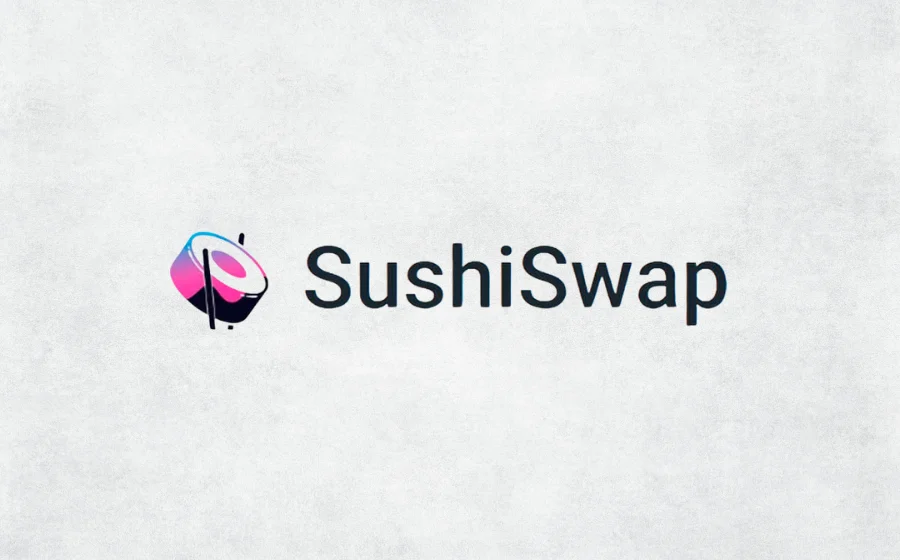
Overview:
SushiSwap began as a fork of Uniswap but has since evolved into a full-fledged decentralized exchange with a comprehensive DeFi ecosystem. It supports token swaps, liquidity mining, and yield farming, and has recently introduced innovative products like BentoBox and Kashi for asset management and lending.
Features:
- Multi-Functional DeFi Platform: Integrates various DeFi applications, expanding the platform’s capabilities.
- Community-Driven: Emphasizes community participation and governance, fostering innovation.
- Innovative Products: BentoBox and Kashi offer flexible asset management and lending options.
4. Curve (AMM)
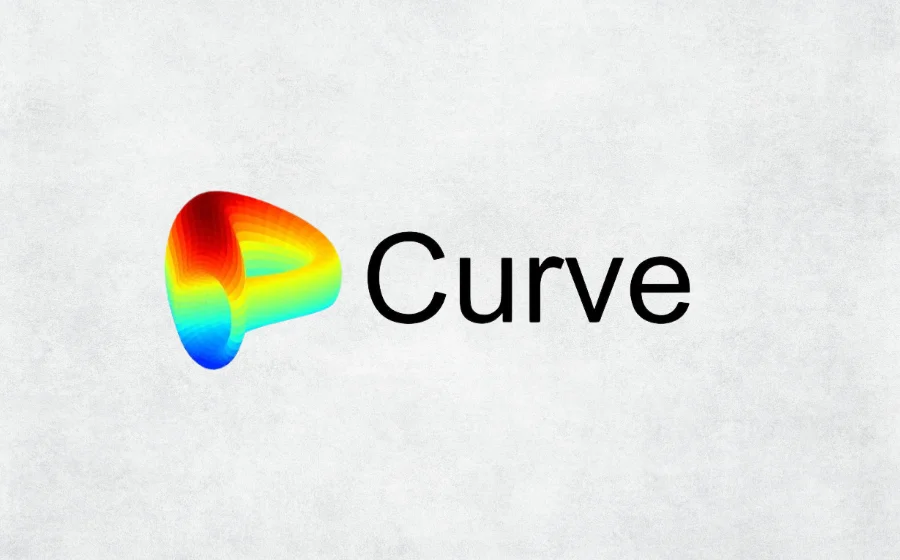
Overview:
Curve is a decentralized crypto exchange that focuses on stablecoin trading, aiming to provide low slippage and efficient stablecoin exchanges. Its AMM model is particularly suited for large stablecoin transactions and has become a core platform in the stablecoin market.
Features:
- Low Slippage Trading: Specifically designed to reduce slippage in stablecoin trades.
- Stablecoin Support: Focuses on stablecoin trading, ideal for large-scale fund transfers.
- High Efficiency: Optimized algorithms ensure fast and reliable trading experiences.
5. Jupiter (Aggregator)
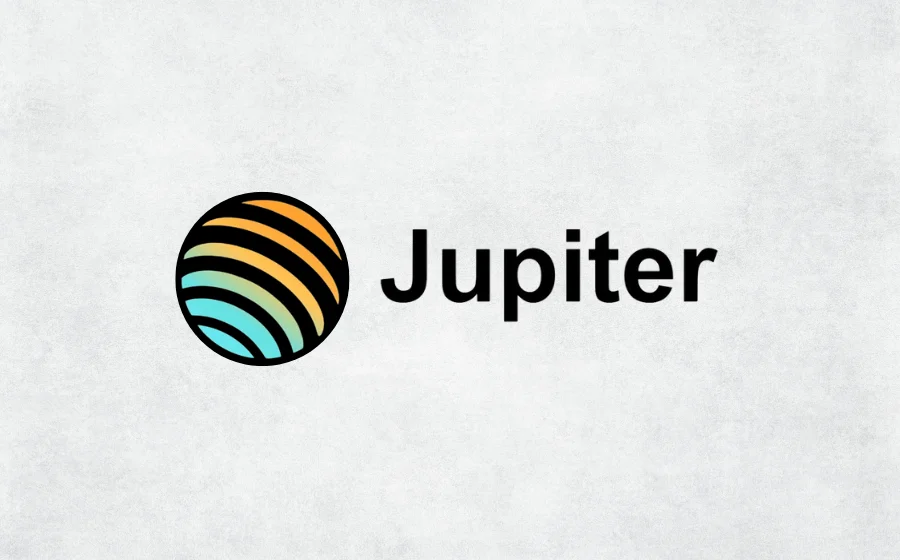
Overview:
Jupiter is a decentralized exchange aggregator within the Solana ecosystem, integrating multiple DEXs on Solana to provide the best trading routes and pricing. Jupiter is especially suited for users who require fast and efficient transactions.
Features:
- Aggregates Multiple DEXs: Pools liquidity from multiple exchanges on Solana to offer the best prices.
- High-Performance Trading: Benefits from Solana’s high throughput, resulting in extremely fast transactions.
- Low Costs: Solana’s low fee structure makes transactions highly cost-effective.
6. Raydium (AMM)
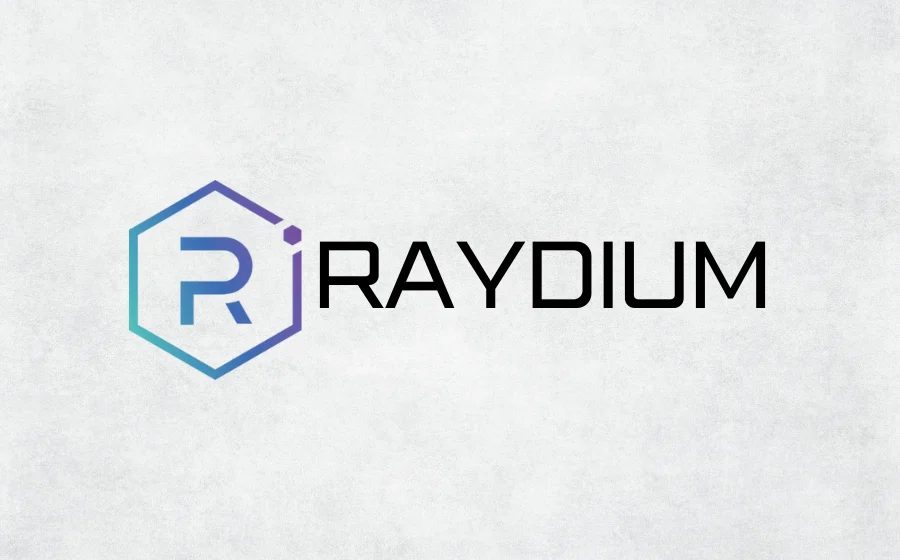
Overview:
Raydium is a decentralized crypto exchange and a foundational DeFi protocol on Solana. Raydium not only offers liquidity pools and AMM functionality but also integrates with the Serum order book, allowing users to enjoy centralized exchange-level order matching on-chain.
Features:
- Serum Integration: Combines AMM and order book models, providing flexible trading options.
- Fast Transaction Speeds: Leverages the high performance of the Solana blockchain.
- Multi-Functional DeFi Platform: Offers liquidity mining, yield farming, and more in addition to trading.
7. SynFutures (AMM/Order Book)
Overview:
SynFutures is a decentralized perpetual exchange that democratizes the derivatives market. It enables trading on any asset with a price feed, allowing users to list arbitrary futures contracts within seconds. SynFutures employs a unique Oyster AMM model, combining the best aspects of order books and AMMs to maximize capital efficiency and appeal to a wide range of traders and investors.
Features:
- Multi-Chain Deployment: Available on multiple blockchains, including Polygon.
- Oyster AMM: A novel market-making model blending AMM simplicity with order book efficiency.
- Single-Token Concentrated Liquidity: Enhances capital efficiency for derivatives trading.
8. Orca (AMM)
Overview:
Orca is a DEX on the Solana blockchain, known for its user-friendly interface and efficient trading experience. Launched in February 2021, Orca leverages Solana’s high-speed, low-fee infrastructure to offer quick asset swaps, yield farming opportunities, and liquidity provision services through its AMM model.
Features:
- Solana-Based: Utilizes Solana’s quick transactions and low fees for efficient trading.
- Concentrated Liquidity: Allows users to provide targeted liquidity for enhanced yields.
- Extensive Market Support: Offers over 200 trading pairs, focusing on Solana ecosystem tokens.
9. dYdX (Order Book)
Overview:
dYdX is a decentralized crypto exchange that specializes in perpetual futures contracts. Initially launched on Ethereum, it has evolved to operate on its own standalone blockchain, the dYdX chain, using the Cosmos SDK. dYdX offers a unique blend of DeFi principles with the efficiency and functionality typically associated with centralized exchanges.
Features:
- High-Speed Trading: Capable of processing over 2000 transactions per second.
- Fully Open-Source: From protocol to front-end, ensuring transparency.
- Community Governance: Utilizes the dYdX token for platform governance and incentives.
10. Hyperliquid (Order Book)
Overview:
Hyperliquid is an innovative Layer 1 blockchain specifically optimized for DeFi applications, with a primary focus on a high-performance perpetual futures exchange. Launched by a team of experienced quantitative traders and technologists, Hyperliquid aims to provide a fully on-chain open financial system that matches the efficiency of centralized exchanges while maintaining decentralization.
Features:
- High-Performance L1: Supports up to 100,000 orders per second with sub-second block latency.
- On-Chain Order Book: Fully transparent and decentralized perpetual futures trading.
- Custom Consensus: Utilizes HyperBFT, an optimized consensus algorithm for low latency.
Read More:
- 5 Safest Crypto Exchanges of 2024 | How to Invest in Crypto Safely
- Best US Crypto Exchanges: 5 Top-Rated Platforms for Crypto Trading and Investment
- 4 Types of Crypto Market Coins You Should Know Before Investing
- 4 Best Low Market Cap Crypto to Consider if You’re Bored With Bitcoin
- 10 Biggest Crypto Exchanges With Low Fees (2024)



